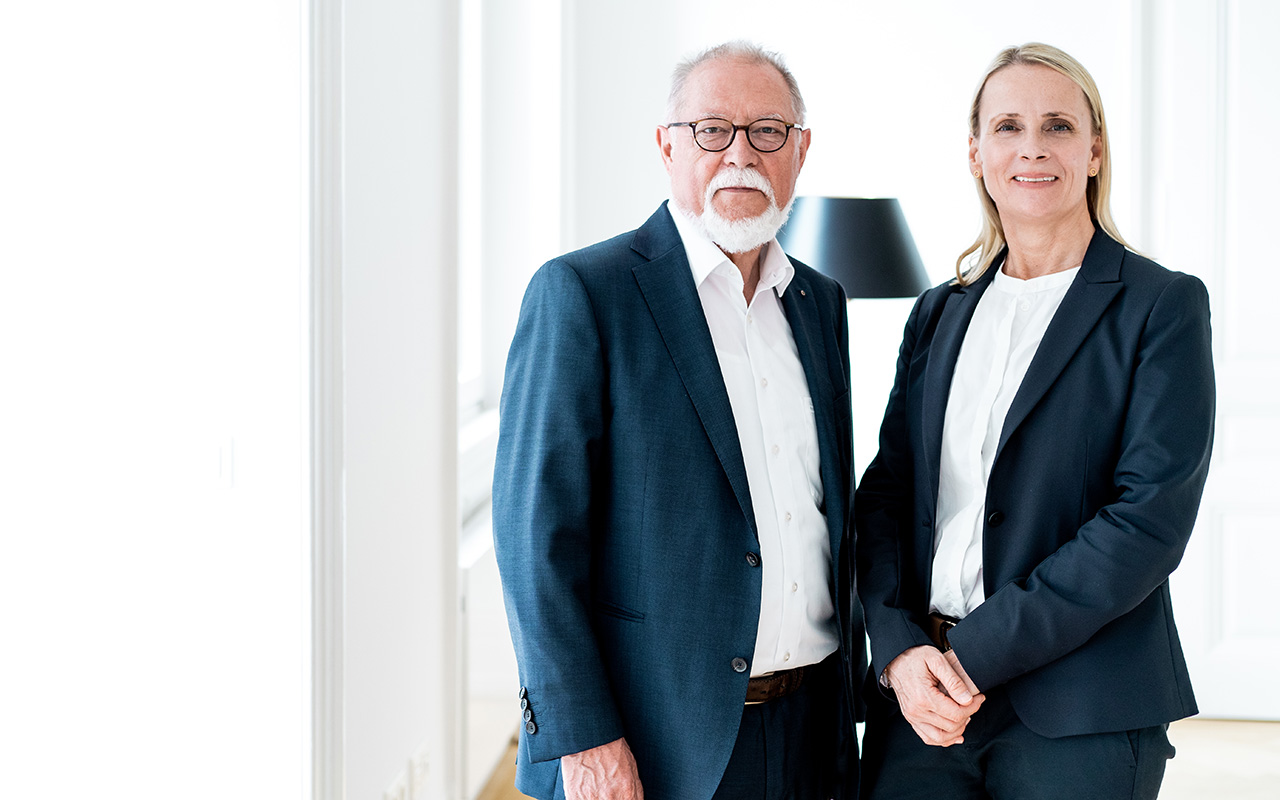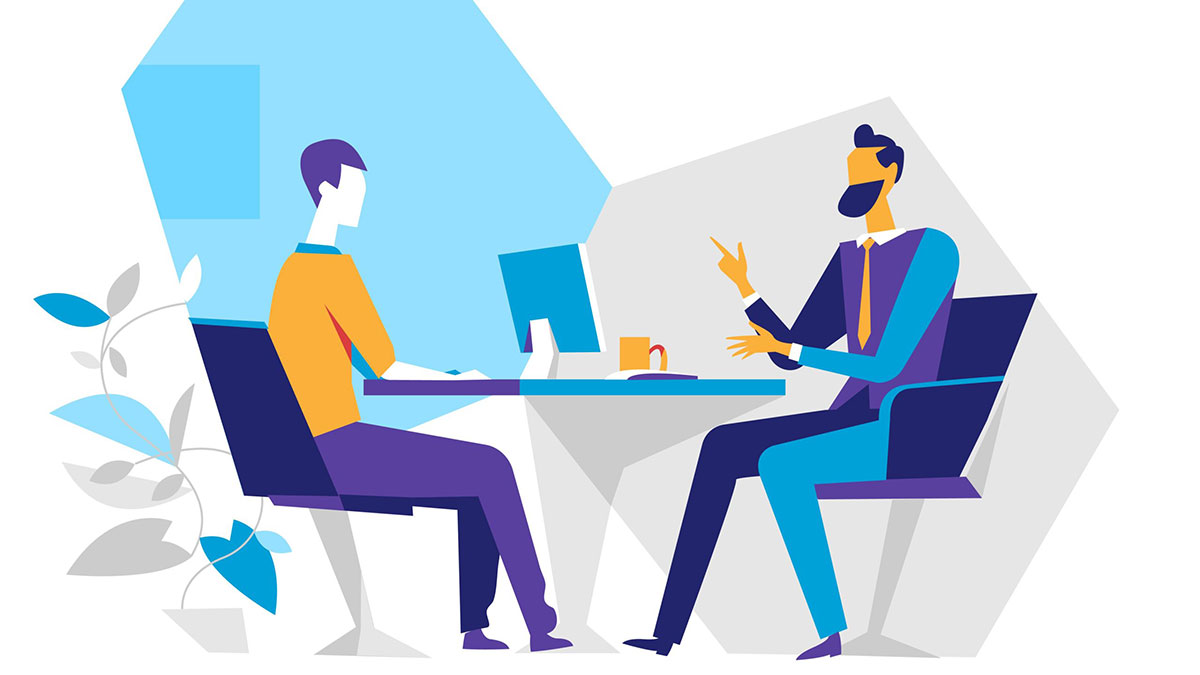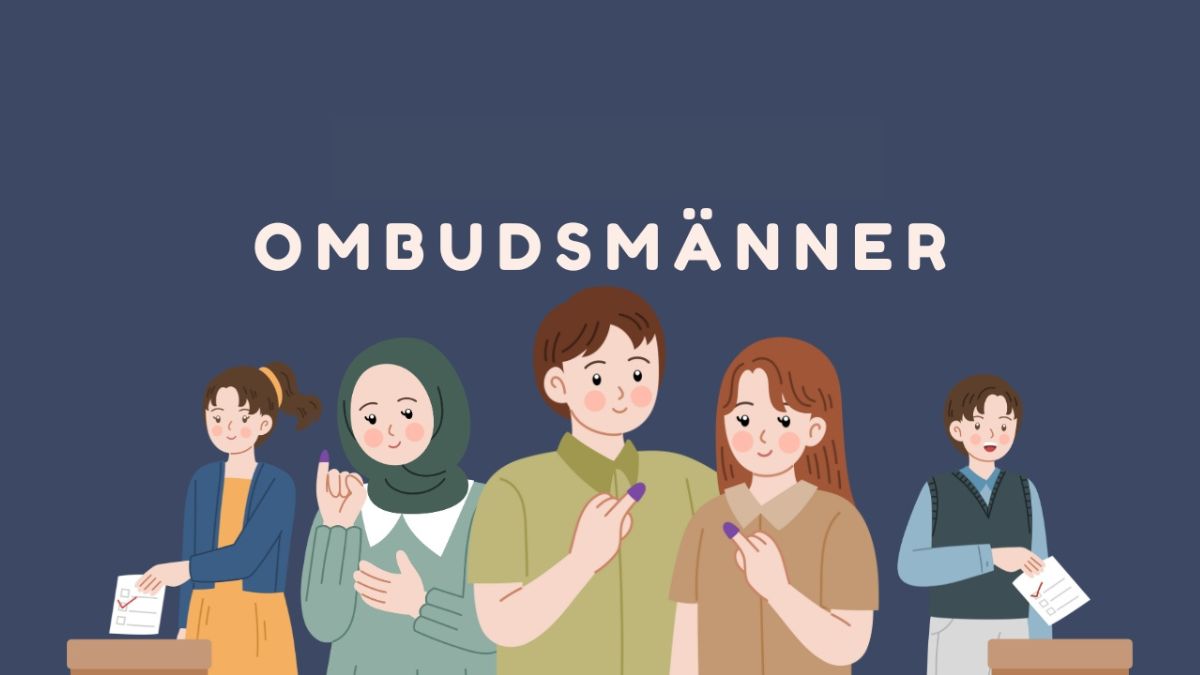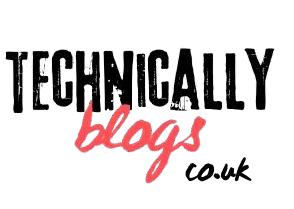This paper is authored with the purpose of obtaining a wide-ranging, deeply informative answer to two questions, as to the concept, structure, and implementation of Ombudsmänner in the real world. It is elaborated with more than 2500 words about the Ombudsmanner history, its importance, and developing parties in various fields of the society. Be it to use in learning, policy research, or simply to know more about all this, this article seeks to enlighten readers in an authoritative and clear manner about the relevancy of Ombudsmänner in recent times.
Introduction
No one can deny the importance of accountability, fairness and transparency in the relations between the institution and people they serve as in the modern rapidly changing and, still, more bureaucratic societies, the relationships between institution and the individual they serve were never so much in need of accountability, fairness and transparency. As the government organizations, corporations, financial establishments, and healthcare systems become more complicated, the probability of misunderstanding, power abuse, and administrative carelessness resides as well. It is here that Ombudsmänner step in as critical personalities acting as intervener between people and these influential bodies.
The English equivalent of the German words is Ombudsmänner, in plural Ombudsmänner. The idea originated in Scandinavian governance and is now an institution all over the world which is changed to fit the needs of several countries, companies, universities, as well as the governments. Ombudsmänner are non-governmental officials that look into complaints, settle differences and give practical solutions to grievance without necessarily resorting to legal cases or demonstrations. Their role to uphold rights of the citizens and at the same time strike a balance to the institutions is delicate and yet strong.
In this blog post, I would like to explore the history, development, varieties and current relevance of Ombudsmänner. We shall analyze their operation in various sectors, how they stand to be independent and maintain integrity and reasons why their presence is vital to the health of democracy and corporate morals. Being a citizen in search of the ideas how to resolve a conflict with one of the institutions, a policymaker who is considering the option of the introduction of the ombuds system or just interested in how these people work and how significant their existence is in the modern world, this article will give you the comprehensive insight into Ombudsmänner and the necessary role they play today.
Historical Background of Ombudsmänner
The concept of ombudsman can be traced back to early 19 th century Sweden. In 1809 the Swedish parliament established an officer named the Ombudsmänner (Swedish: Parliamentary Ombudsman) who served as a government watchdog. He was the person with the power to oversee the administration activities of the government, to ensure respect to laws and to protect people against the government abuse or corruption. The effectiveness of this system saw to its implementation in other Nordic nations and, later globally.
In the 20th century, Germany, as well as the rest of the European countries, started introducing such a role to the government and the economy. The German name Ombudsmanner gained a wide popularity being the synonym of just and fair, etc. Ombudsmanner have also been established today in the field of universities, media, healthcare, and financial institutions besides the field of public administration.
The organs and the powers of an Ombudsmann
In order to comprehend the extent of tasks an Ombudsmänner is concerned in, one should clearly realize the place he or she holds in the structure of a given organisation/ Government. Although the details of any position depend on the country and the institution, there are some general principles of Ombudsmanner. They are confidential, neutral and independent. Such principles will also allow them to offer a safe platform to whistleblowers, complainants, and others who may require justice or resolution.
Ordinarily an Ombudsmann lacks enforcement authority such as a judge or regulatory regulatory institution but operates by influencing, negotiating and reporting. They are they because they can cover an investigation thoroughly, release findings, and offer unbinding recommendations. The absence of coercive power does not mean that they are not influential since they operate by relying on the credibility, moral authority, and the fact that their reports are public.
Ombudsmmen in Government Institutions
Ombudsmanner are the connecting point between the state and its citizens in governments. Germany: there are both federal and state ombuds institutes that monitor the service administration. Individual citizens have the privilege to report a problem when there are bureaucracy, misuse of funds, delays in service or right violations. Such Ombudsmanner usually handle social welfare, pension, police behaviour and immigration services complaints.
They make sure that the government departments abide by their own rules and act fairly to people. When systemic problems are detected, there can be publication of annual reports containing policy proposals towards legislative change. What is more, having Ombudsmnner within the government enhances democratic institutions. They ease loads on courts, avoid social unrest and contribute to the reputation of the system among the population by offering an accessible channel of solving complaints.
Role of OmbudsmANNer in Corporate Sector
In the business world, Ombudsmnen are important in diffusing unethical behaviors and resolution of internal conflicts in a proper manner. The ombudsman model is utilized in companies that have implemented it mostly to process grievances by employees, whistleblowers or consumer complaints. The benefit is in the provision of confidential and neutral medium of presenting issues without fear of retaliation or biasness.
As an example, German corporations working in the financial and manufacturing sectors tend to use Ombudsmanner to cover internal corruption, mistreatment, or non-compliance issues. The company may assign these roles to either an internal or an external officer relating to the size of a company and legal stipulations. Nevertheless, in both these cases, the objective of reaching a solution to the issues is similar: to find the way out that can be effective, ethically correct, and does not involve lawsuits. It is now regarded as a feature of good governance and risk management that the company has a competent corporate ombudsman. It also helps in employee morale, corporate transparency as well as reputation of the brand.
Healthcare Ombudsmenn and Education
Ombudsmänner have also become highly applicable in the health care and educational sectors two areas where persons are more likely to feel defenseless and a subject of power. In hospitals, ombudsmen are involved in assisting patients and families through medical systems and interpreting the components of medical rights and making complaints concerning negligence, discrimination, or poor services.
Ombudsmiss tend to handle academic conflicts or problems of harassment or grading issues at the university level on behalf of students, faculty, or administrative personnel. These institutions are hierarchical and are characterized by a great power imbalance, which means that the presence of an independent individual who lends an ear and resorts to intercession is the key to the healthy environment of any educational institution.
In both industries, there is an accent put on fair play and respect and finding compromise rather than putting a disagreement into full-fledged scandals and lawsuits. The role of the Ombudsmann in solving such cases is unique since they are neutral and have high confidentiality.
Challenges of Digital Age and Ombudsmn Committees
Digital transformation of the society has come with new challenges faced in the 21 st century. Data privacy problems, network fraud, cyberbullying, and biased algorithms in the algorithms are increasingly becoming issue areas. Therefore, an increasing number of Ombudsmanner need to be used in the sphere of journalism, automatization, digital services, and social media.
Digital Ombudsmnner- the officials- have been introduced in some necessary countries and they are the individuals that investigate breaches of digital rights and handle the complaints about technology platforms. Their Roles can comprise ensuring that tech companies are held accountable when using user information irresponsibly or mediating when a content needs to be removed, or when there is a need of digital accessibility. The jurisdiction question, the question of enforcement and transborder cooperation is also interesting in the light of the new changing face of digital landscapes which makes the role of Ombudsmnen even more complex and necessary.
Characteristics of and education of skilled Ombudsmn
To be a good Ombudsmann the title is not enough, it would take a special person full of personal integrity, the ability to communicate and relate with people on all levels, knowledge in the law as well as an awareness of emotional intelligence. Whereas the Ombudsmanner can have a legal or a public administration background others may hold a psychological, human resources or conflict resolution background.
Training usually covers ethics, negotiation, interview skills and cultural competency. There are professional associations in Germany and most other countries which certify and continue to educate Ombudsmanner so that they continue to work in line with best practice and with regard to ethical standards. It is also necessary that the Ombudsmann should be able to evoke trust. Given that they have a non-coercive authority, they should win the trust of the complainant and the institution in question. Their efficacy rests in transparency, independency, and history of impartiality.
Future of Ombudsmnner in a Globalized World
With national borders increasingly being blurred in the wake of globalization and institutional complexity on the rise, the task of Ombudsmänner can be expected to expand in not only relevance but also scope. The way multinational corporations, international non-government organizations and supranational entities such as European Union are also integrating Ombudsmnner into their organization so that accountability goes through the borders.
As the knowledge on human rights, environment conservation, and corporate social responsibility increases, so does the demand towards independent supervision. The flexibility of the Ombudsmänner is such that provides a solution to the emerging problem such as the environment complaint, the right of the indigenous community and corporate abuse in the developing countries. In addition, the international cooperation among Ombudsmnner is growing and it is represented by international conferences and knowledge-sharing communities that reinforce the profession and make it more standardized regarding cultural and systemic peculiarities.
Frequently Asked Questions (FAQs)
What does an Ombudsmann do?
Ombudsmann is a figure of independent authority who investigates the complaints filed on the basis of institutions or organizations. They mainly serve to be fair, to determine conflicts, and to keep things open.
Are Ombudismann (?) a part of the government?
It is true in most instances. They operate independently with the government appointing them to work in the field of public administration. Ombudsmn also exist in non-governmental organizations (NGO), universities and the private sectors.
Are Ombudsmanner empowered?
They normally lack authority to enforce their judgment as a court. They instead resort to persuasive power, openness, and advisory to solve problems.
What is the way of lodging a complaint with an Ombudsmann?
The majority of the Ombudsmans have exclusive offices, websites, and hotlines at which people may present complains. Anonymous reporting channels are also available in some of them.
Is the verdict by an Ombudsmann subject to challenge?
Institutions may opt out of following their recommendations because they are normally not binding. Nevertheless, when they release their findings and reports publicly, it tends to enact policies or conduct internal investigations.
What follows to qualify as an Ombudsmann?
They require various qualifications (usually education in law, public administration or conflict resolution). High emotional quotient, moral integrity and outstanding ability to communicate are all important.
Conclusion
In an age and time where power dynamics are usually stacked against the common person, Ombudsm EN: ombud, EN: ombudsm neder: ombudsm an: ombudsm n: ombudsm They are the unsung heroes of accountability, who toil day in and out in the background harmonising conflicts, rectifying wrongs and reinforcing democracy in society. Whether it is the companies and schools or universities and digital platforms, their presence guarantees that complaints cannot be disregarded and that their institutions maintain accountability towards the ones they should serve.
With the new times, as we are globally moving to become more interconnected, digitized, and complex, the role of Ombudsmen will not only stay relevant, but it will emerge as sine qua non. After all, making sure that more institutions incorporate such figures and empower them is not a mere policy suggestion but a requirement to ensure that the idea of fairness is preserved in the more intricate world.
More than just in their formal roles, Ombudsmänner represent an unofficial investment in human rights, dignity and empathy in the society. The valiant efforts that they create to penetrate the cavern that divides institutional power and personal experience go beyond making them mere dispensers of justice, they are guardians of faith during a time of increased mistrust. The greater the number of individuals who become exposed to and exposed to the work of Ombudsmnen, the more the overall cultural change towards accountability, transparency, ethical governance and so on, can become a reality.
Ombudsmn chiefs promoting procedural fairness and respect of human dignity become like lighthouses in an otherwise dark and undetermined system. Their increasing weight and utility do not only help us change our attitude towards resolving our disagreements but also states a new form of defining justice in our contemporary society.

